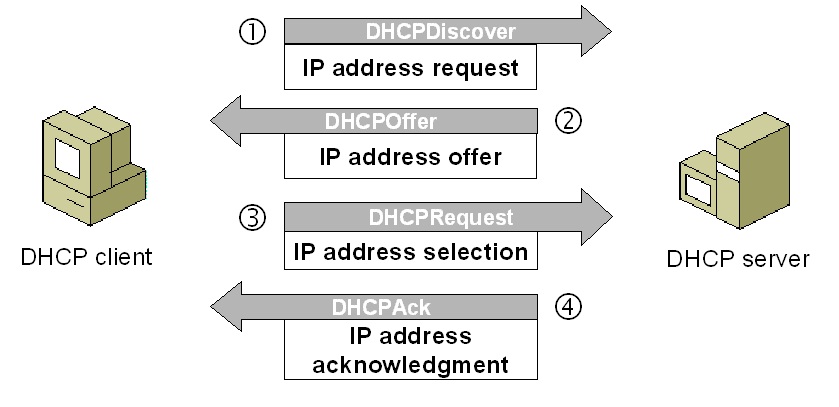Search giant
ANALYSIS
By Tim Weber
Business editor, BBC News website

After failing to buy Yahoo outright a year ago, Microsoft has now announced a search and advertising partnership with its former online rival. It’s an important deal, and not just for advertisers.
Poor Yahoo shareholders. They could have pocketed a cool $44.6bn, or $33 a share, when Microsoft offered to buy Yahoo outright. The shares are now trading at just under $16.
Eighteen months on, they have to make do with the promise that Microsoft will help Yahoo to survive and grow by providing a better search, and thus a better advertising platform.
Consumer market
Yahoo’s audience will have to wait at least a year before they will see the difference.
First the deal will have to be shepherded past weary regulators around the world; this will take until early 2010, says Yahoo’s new boss Carol Bartz. It will take another three to six months before Microsoft’s “Bing” search engine starts answering the queries of Yahoo users.
The real benefit will come in the years after that, as Yahoo transforms its web offering and puts search at the centre of the user experience, at long last catching up with how we all use the web these days.
He-who-must-not-be-named
This is not a partnership of love, but necessity. A year ago, I called the proposed Yahoo-Microsoft merger a shotgun wedding, with Google holding the shotgun.
Since then, Google has upgraded its weaponry and extended its lead in search advertising, the one online business model that truly works.
For Yahoo and Microsoft, Google is the enemy who – Harry Potter style – must-not-be-named. During their 45 minute conference call neither Ms Bartz nor Microsoft boss Steve Ballmer used the word Google even once.
Instead they spoke of becoming “a strong number two competitor in the market” and the need to create a credible alternative for advertisers.
Indeed, advertisers will only be too happy to bolster the Microsoft-Yahoo partnership. Whether small online retailers or advertising giants like WPP, many were worried about Google’s near-monopoly in the search advertising market.
Competition will not only keep Google on its toes, but should help to control prices as well.
Technology company no more

Yahoo’s workforce, meanwhile, may well remember the 29th of July as Black Wednesday. The company always saw itself as a technology leader. Not anymore.
The man who fought last year’s takeover bid tooth and nail, Yahoo co-founder Jerry Yang, was forced out, taking with him the sentimental attachment to the firm’s technology roots.
Yahoo is bowing to the inevitable. It simply had neither the resources nor the focus to win the technological arms race for search supremacy.
Yahoo’s search engineers now have the choice of working for erstwhile archenemy Microsoft, scrambling to get one of the few search jobs left at Yahoo, or find themselves on the job market at a time when even Google has stopped hiring.
Centre of life
New no-nonsense boss Carol Bartz wants Yahoo to build instead on its position as the world’s “largest online media company”.
“Our vision is to be at the centre of people’s life online,” she said after the deal was announced.
More mundanely, Yahoo will become a part of Microsoft’s advertising sales force.
But here is the rub: does Yahoo’s business model as online publisher have a future
Ms Bartz made a great deal of Yahoo’s recent redesign of its home page. But as we use search to find content, home pages are getting increasingly irrelevant.
The traditional search advertising model, meanwhile, could break if old media publishers follow through on their threat to erect pay walls around their content. In another worst-case scenario, much of the content that Yahoo builds on might simply vanish as more and more old media goes out of business.
Little wonder that Yahoo shares were sharply down on news of the deal.
Let’s bing
That leaves Microsoft as the winner.
It won’t make that much money on the deal, but Steve Ballmer frankly acknowledges that this is a long-term investment.
Microsoft gets Yahoo’s search technology, and more importantly he gets direct access to Yahoo’s many users. After all, Yahoo is still the world’s most popular online destination.
Two months ago, this deal would have gone down like a lead balloon. Today it has credibility, ever since Microsoft launched its new “Bing” search engine to generally good reviews.
Mr Ballmer knows that Microsoft still has a lot of work to do before people stop googling and bing instead.
The deal with Yahoo, though, is a platform that his search engineers can build on.
It won’t be a Google killer. But it could, just could, cut into the market leader’s profit margins.
This article is from the BBC News website. © British Broadcasting Corporation, The BBC is not responsible for the content of external internet sites.
![]()




